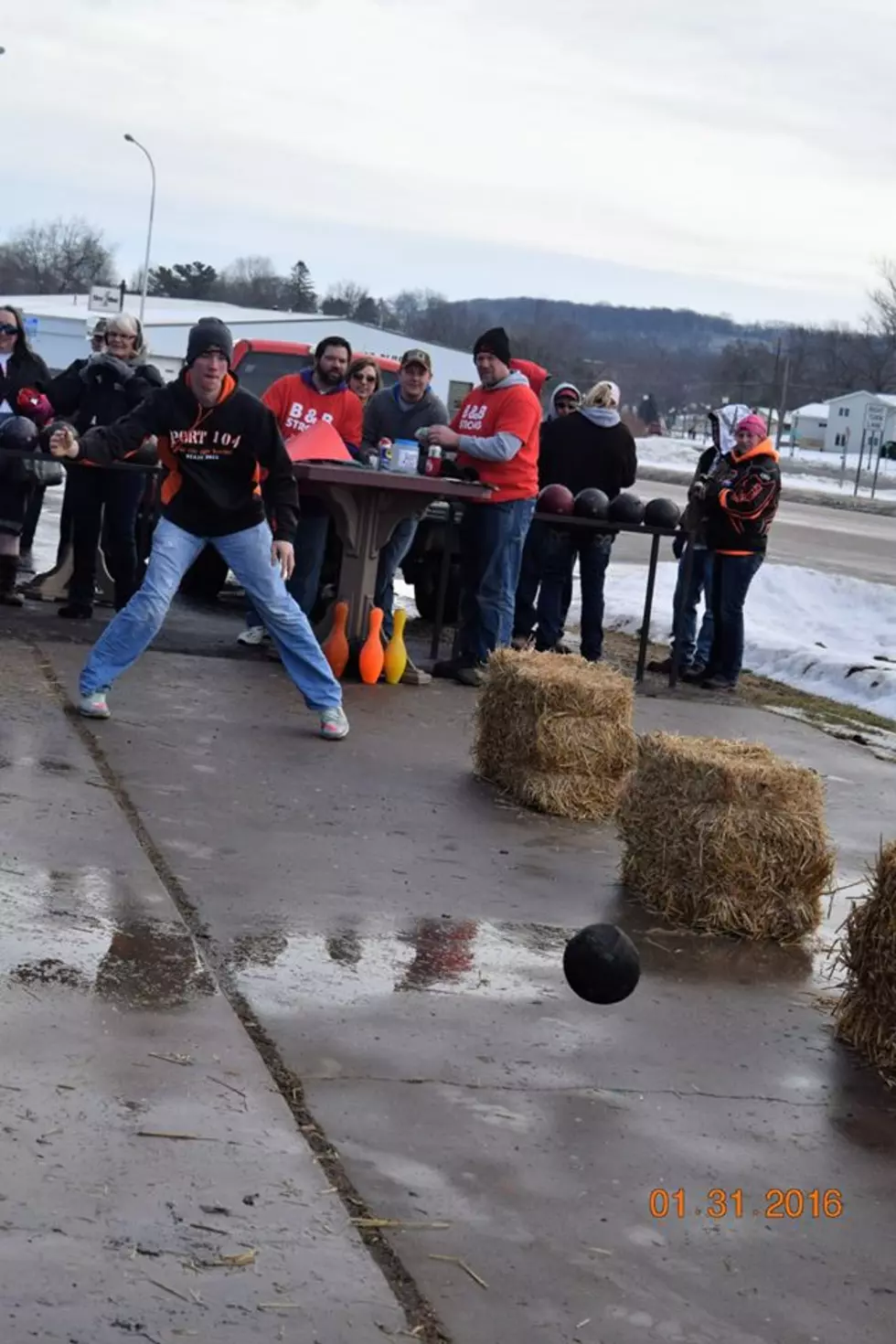Story Behind the Song: Jeannie C. Riley, ‘Harper Valley PTA’
When Jeannie C. Riley recorded "Harper Valley PTA" in 1968, it not only became her most beloved hit to date, but also threw songwriter Tom T. Hall into the spotlight: The song became a major, international hit -- the song hit No. 1 in Canada and Australia, and earned a Top 20 spot in the U.K. (No. 12) -- and has sold more than 6 million copies. "Harper Valley PTA" also made Riley the first woman to land at No. 1 on both the Billboard Hot Country Singles and Hot 100 charts with the same song -- something that no other female artist would do until 1981 (Dolly Parton's "9 to 5").
"Harper Valley PTA" shows off Hall's mastery of translating keen observations into compelling lyrics and music -- and that's no accident. The now-famous songwriter had planned on making a career as a journalist or novelist -- but then "Harper Valley PTA" won the 1968 Grammy Award for Best Country & Western Vocal Performance and the CMA Award for Single of the Year.
Below, Hall tells The Boot about the hit song and what inspired him to write it.
The story is a true story. I didn't make the story up; I chose the story to make a statement, but I changed the names to protect the innocent.
There were 10 kids in our family. We'd get up in the morning, and my mother and father would get bored with us running around, and we'd go terrorize the neighbors up and down this little road we lived on -- after we had done our chores, of course. I was just hanging around downtown when I was about nine years old and heard the story and got to know this lady. I was fascinated by her grit. To see this very insignificant, socially disenfranchised lady -- a single mother -- who was willing to march down to the local aristocracy read them the riot act, so to speak, was fascinating.
I wrote the song 30 years later; that song was my novel. I had been reading Sinclair Lewis. As a young man, I read Lewis' novels Babbitt and Elmer Gantry, which is about hypocrisy; Babbitt is, of course, about the social structure of the small town. So, being a big Sinclair Lewis fan, when I wrote "Harper Valley," I incorporated elements of Elmer Gantry into the song.
This story was originally written by Nancy Dunham, and revised by Angela Stefano.







